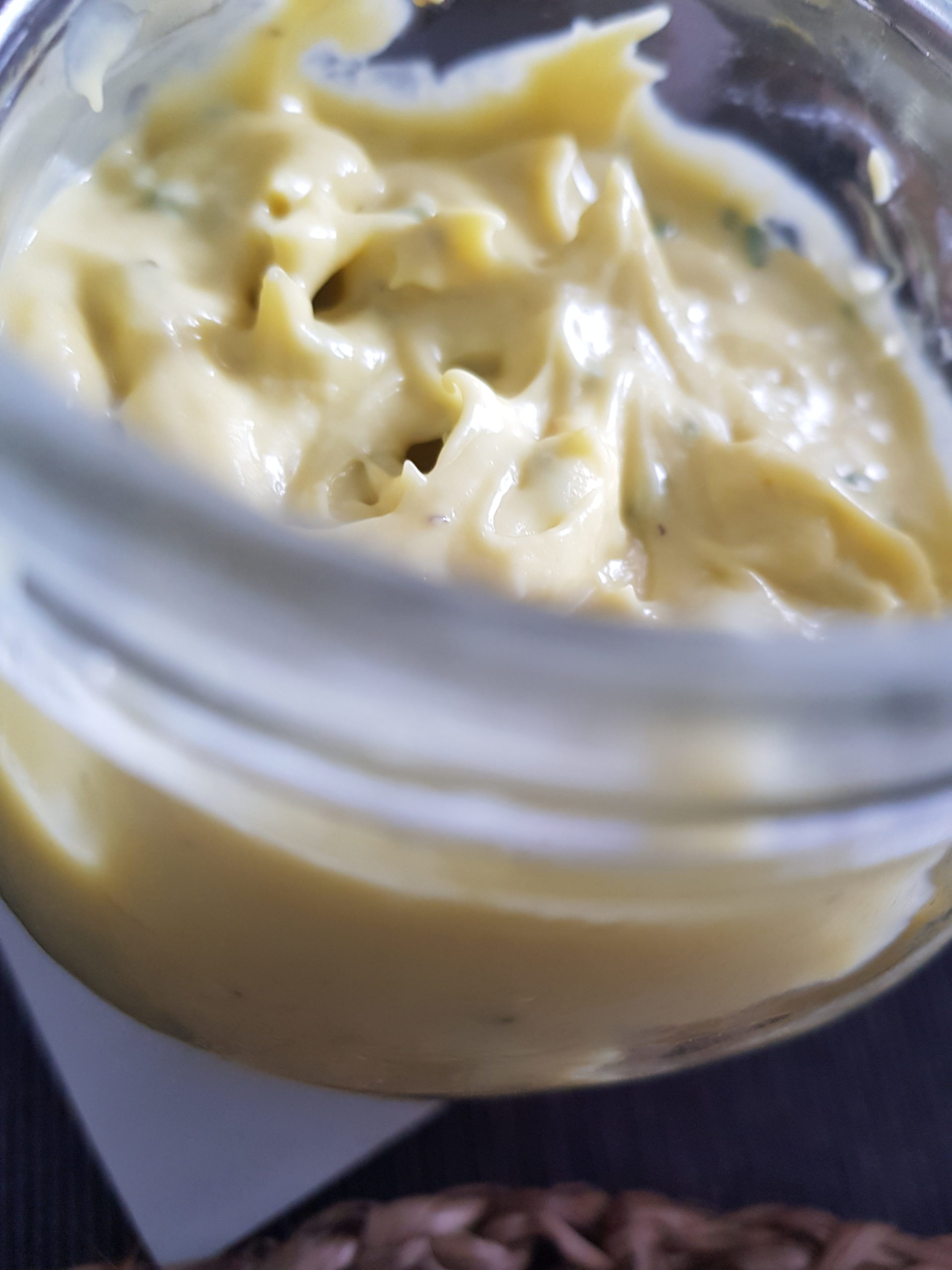Well to a certain extent. When we consider the various types of dietary fats that present within our diets, unfortunately for the Western Diet, saturated fats or ‘bad’ fats and omega 6 are in higher proportion than beneficial, anti-inflammatory omega 3 healthy fats. Omega 6 another dietary fat converts to what is called arachidonic acid in the body, this is pro-inflammatory and disease promoting. Saturated fats are found in most packed and processed foods, take away foods, fried foods, some cooking oils, meats and dairy.
HEALTH SATURATED FATS
In small amounts stable saturated fats have shown some benefits to our health, such as those found in coconut oil (caprylic acid and lauric acid a medium chain triglyceride). The fats in coconut oil do not burn or rancid when cooked and are therefore more stable for cooking purposes.
COCONUT OIL
Although the jury is still out on the health benefits of coconut oil, lauric acids has shown some promise for enhancing metabolism, acting as a direct energy source due to their immediate absorption, improving skin conditions such as eczema, dermatitis, psoriasis and cradle cap on babies. It is considered to assist in anti-bacterial and anti-viral processes.
CAPRYLIC AICD
Caprylic acid, another saturated fatty acid found in smaller amounts in coconut oil has also shown promise for anti-bacterial, antiviral, antifungal and anti-inflammatory benefits.
PALM OILS
Other palm oils on the other hand are less stable releasing free radicals, particularly when heated and are said to be pro-inflammatory and disease promoting. Because they are cheap, they are used in many consumable items. Palm oils may promote heart health risks, weight gain, elevations in cholesterol and atherosclerotic plaques.
RED MEAT & SATURATED FATS
The saturated dietary fats found in red meats can also cause concern for cholesterol and heart health. Limited intake of fatty red meats should be limited. Choose lean cuts of meats and extra lean meats such as kangaroo and venison. Aim for 1-2 red meat free days per week. You can achieve iron and protein status through a range of different foods. Speak with your nutrition professional on how to meet this goal without the additional saturated fats.
HEALTHY FATS BENEFITS
Healthy fats form an essential part of a healthy, anti-inflammatory and metabolism enhancing diet. This is because healthy fats have a structural and protective role in the cells of our body, organs, hormones and tissues including our hair, skin and nails. Healthy fats help quash the free radicals that are produced through normal metabolic processes and through our environmental and dietary influences.
OMEGA-3 (Essential Fatty Acids)
Omega-3 fatty acids have been shown to be low in most Western diets. These polyunsaturated fatty acids can be found in oily fish, nuts, seeds and some oils. Omega 3s support reductions in pain and inflammation, improvements in mood, anxiety and depression, regulate blood glucose levels, slow the progression of Alzheimer’s, reduce cholesterol, and oxidative damage and much more. Fats form part of our cellular membranes, particularly in the brain. To protect cognitive function, healthy fats are essential. Unfortunately, these fatty acids are not stable at high temperatures and therefore lose their nutritious nature if over-heated.
MONOUNSATURATED
Monounsaturated fats such as those found in avocados, some oils, nuts and seeds are also important protectors. These fats, like omega 3 fatty acids have been shown to assist in reducing inflammation, depression, insulin resistance, ADHD symptoms and preventing heart disease. Not to mention their sources are delicious!
One could go on and on about the benefits and pitfalls of different types of dietary fats but one thing we can be clear on is we need them in our diet in sufficient amounts for various body functions.









